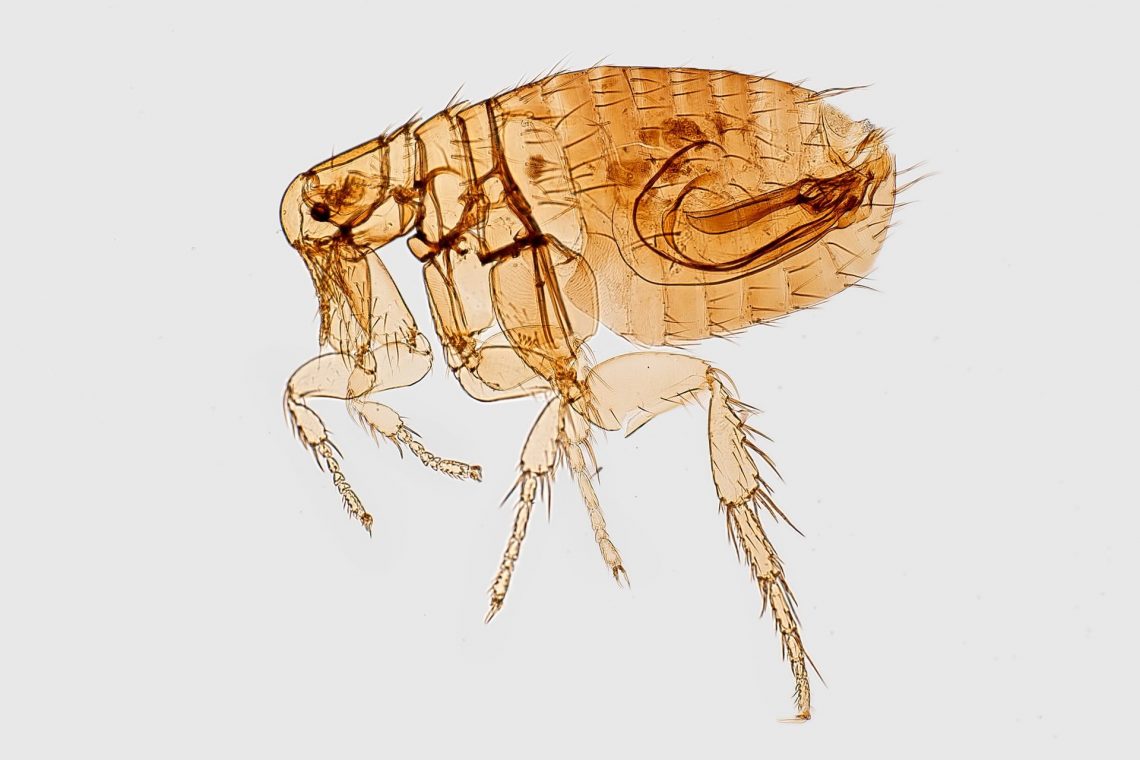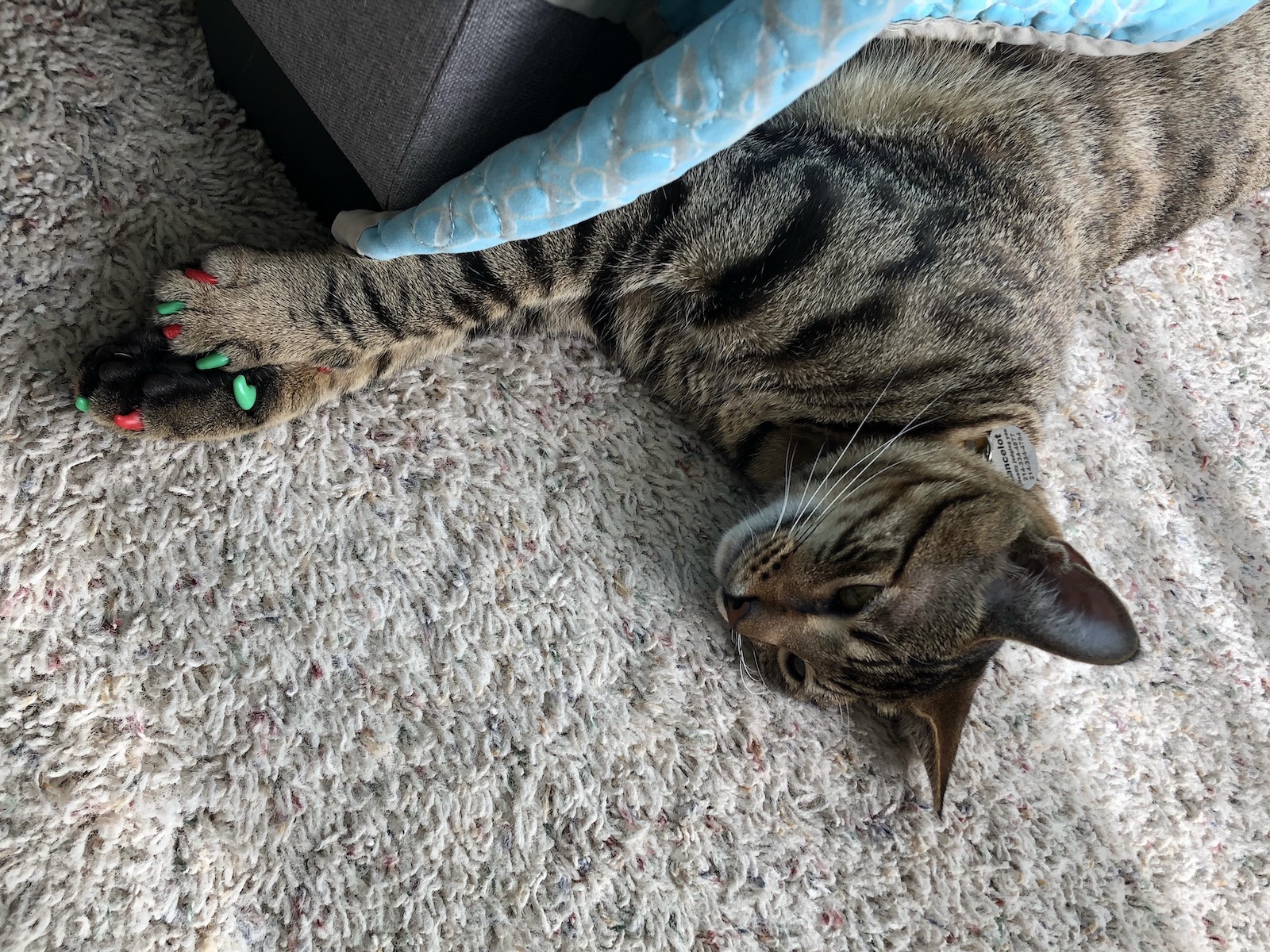
Parasite Prevention in Your Kitten
The right parasite preventatives will help keep fleas and other menaces off your new furry friend. The most important thing you need to know about parasites: You usually can’t see them, and they can cause big trouble before you even realize that they’re there. Some parasites have evolved to be able to hide inside the mother cat and come out specifically to target her kittens, so no matter how well cared for mom is, the kittens are still at great risk for intestinal parasites.
Can I tell if my kitten has worms?
Intestinal worms, like hookworms and roundworms, can cause signs like vomiting and diarrhea, but they can be present even if your kitten seems unaffected. These parasites tend to damage the intestinal walls where they attach, and just their presence causes inflammation.
Juvenile animals seem to be the most severely affected, and kittens can die from worms. It’s a common misconception that a person can see worms in the stool if they look, but your veterinarian has special tests to find them. Occasionally, pet owners will see worms, but many of the worms only “appear” in the stool after you administer a dewormer.
Worms will seed the litter box and serve as a source of reinfection for all your cats. This is why it’s very important to remove your new kitten’s stool from the litter box as quickly as possible if you don’t know your new furry friend’s infection status. If your kitten goes outside, the worms can seed the soil and become a hazard to your neighborhood cats and your personal dogs. Worms have evolved to be very effective at infecting animals, and it takes you and your veterinary team to head off these intestinal invaders.
Can I just buy a pet store de-wormer?
There are certainly over-the-counter deworming options, but it’s wiser to let your veterinary team find out for sure which type of parasites you need to treat. Only prescription medications kill certain types of worms, and if there are other parasites that aren’t technically worms (like Coccidia or Giardia), a completely different type of medication may be required. No one wants their kitten to get ill from a treatable problem or to get medication that’s inappropriate or unneeded.
What about fleas?
Fleas can make pets miserable. Flea saliva is an extremely irritating substance, and flea bites cause severe itching for pets and people too. Fleas are another thing you won’t see until the infestation is truly severe.
Fleas love to get indoors, where they can live year-round. Their goal is to have a blood meal so they can lay eggs and make baby fleas. The fleas will only be on the kitten where you can see them for a small part of their life cycle. That means that for every flea you see with your eyes, there are countless more in the environment. If you see a flea, alert your veterinary team.
It is very important to keep your kitten protected from fleas your round in the warm climate of the southeastern United States which lacks seasonal freezes. This is especially important if you have pets in the household who goes outside routinely, whether they are your dogs or outdoor kitties, since they can bring fleas in to your indoor kitten.
I highly recommend that you seek the advice of your veterinarian to treat your new kitten with the appropriate anti-parasitics for your specific area of the country. Remember, your team of doctors should be well versed in kitten parasites and can recommend safe and effective products to help your kitten and your home stay parasite free!




